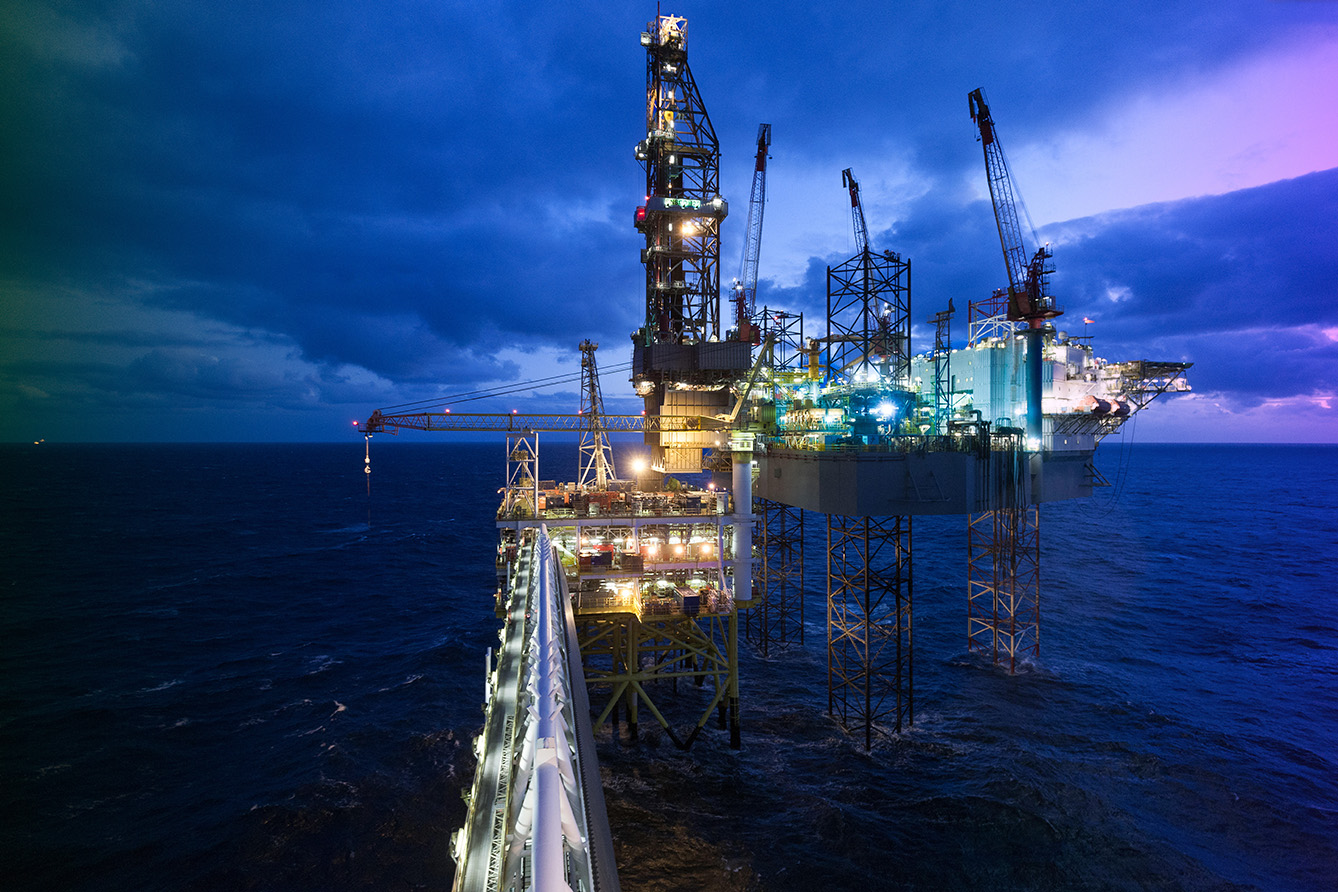After many years of waiting and many botched plans, Romania is now getting closer to exploiting the vast natural gas deposits it has available in the Black Sea. The new gas source could be enough to grant Bucharest energy security and mandate the construction of pipelines carrying the gas to other states in Central Eastern Europe. Romania is the EU’s second-largest gas producer, with about 75% of its natural gas resources located in Transylvania, but its energy reserves of natural gas and crude oil are decreasing, according to a British Petroleum report.
At the current extraction rate, natural gas will run out in 8 years and oil in 21 years. However, the BP report ignored new field discoveries in the Black Sea. Black Sea projects have been stemmed by Romania’s offshore gas tax and other legislative hurdles, which for years have deterred investors from starting extraction.
This is about to change, as the government has started the process to amend the laws, a decision that Russia’s invasion of Ukraine in February 2022 has only sped up. In a speech on March 1st, President Klaus Iohannis set the direction, stating that energy independence will be considered a crucial strategic medium-term target. The government has made it clear that the offshore gas tax will be revised by the first half of this year in accordance with the coalition government program.
The importance of Neptun Deep
The most significant project is the Neptun Deep perimeter, which holds gas reserves estimated at around 100 billion cubic meters (bcm). ExxonMobil held a 50% stake in Neptun Deep but announced two years ago that it would withdraw from Romania, citing the problems advancing the legislative changes as the main reason. Instead, the American company’s stake will be taken over by state-controlled company Romgaz.
The production from Neptun Deep is estimated to reach ten bcm per year, which is nearly enough to cover Romania’s entire annual gas consumption of 12 bcm. According to the country’s Energy Minister, Virgil Popescu, the project is on track to start extracting gas in 2026. The extraction of Black Sea offshore gas is also of paramount importance for the BRUA pipeline that has been partially completed but has not reached the Black Sea yet. Once finished in its entirety, it will be possible to send Black Sea gas also to neighboring countries such as Bulgaria, Hungary, and Austria.
The exploitation of the gas reserves in the Black Sea is, therefore, not only crucial to Romania’s energy security and to lowering energy prices for Romanian consumers but also for the entire region of Central Eastern Europe. In the wake of the Russian invasion of Ukraine, it is expected that energy security and increased local energy production will move to top priority both in the capital cities of member states and in Brussels. The completion of BRUA and extraction at Neptun Deep will play an important role in achieving these goals.







